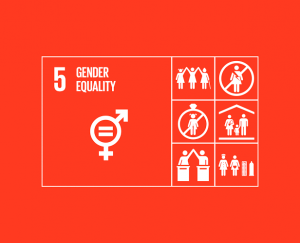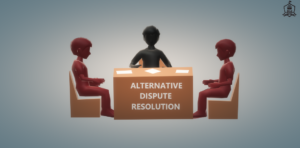
The Sustainable Development Goals (SDGs), uniquely covering issues ranging from health, education, environment to peace, justice, security, and equality were born at the United Nations Conference on Sustainable Development in Rio de Janeiro in 2012 replacing the Millennium Development Goals (MDGs, Reaffirming international commitments and involving us all to build a more sustainable, safer, more prosperous planet for all humanity. Many of these interconnected goals could successfully be achieved through gender equality in decision making, leadership and education.
Today, we are living in an extreme male dominated society where women face deep rooted discrimination in every sphere. Sexual harassment being common phenomenon within our society, we would hardly find any public place – educational institutions, public transportations, shopping malls, public streets, railway stations or public transports – where women are out of the risk of verbal abuse, Although the punishment for sexual harassments and abuses have been enumerated in section 354 and section 509 of the Penal Code and in section 10 of the Prevention of Oppression against Women and Children Act of 2000. With little restraint in behavior, it is as though men treat these public places as their personal property.
Additionally, there is no available public toilet, sanitary system and nursing facility available for our women and girls who need to go and work outside. According to a recent report by BRAC, around 94% women commuting in public transport in Bangladesh have experienced sexual harassment, while we often hear the news of either gang rape or rape and murder, Even though a punishment of life imprisonment or 10 years imprisonment and fine or both is set forth in section 376 of the Penal Code, most of the cases of sexual violence remain unattended by judicial system. Lack of proper witnesses, delayed or no investigations help the criminals walk out of jail easily.
All these insecurity issues are dissuading women and young girls from pursuing their education and careers like their counterparts and delivering their full potential. It ultimately slows down progress in various sectors of the country. Hence, our policy makers must take into account social challenges that prevent women from moving freely and should take some drastic actions moving to the way of uprooting the seeds of inequality in de jure and de facto to ensue the rights guaranteed in the constitution.
To make the public place accessible for women and young girls, information should be collected to mark the areas where the security issues of women are at higher risk. Well maintained public facilities and safe roads should be ensured so that every woman and the young girl can move freely and feel that they are not vulnerable to the social menace. For ensuring just, fair trial and proper punishment in Sensitive cases like sexual violence and rapes, The Archaic laws regarding to sexual violence must be modified and such cases should be brought under speedy trial so that the victims get proper remedies. Still there is little hope of that. The government launched a national quick helpline service for the victims of sexual harassment in 2012.
Moreover, the government and policymakers must engage women and NGOs working to ensure women’s rights and safety in the planning process. In effect, to build the safe public place, regardless of gender, sex, race and ethnicity, everyone’s right should be considered, and every citizen of all ages must be involved in the planning process. Besides, our education system should be remodeled removing the gender bias and promoting gender awareness to ensure that all young girls have the opportunity to attend school and gain necessary skills because social and economic benefits associated with girls’ and women’s education is inclusive for the development.
Women should be stimulated and resilient in every way possible so that they become the income earning assets of the country. Such an uprising would unleash the rapid development as a holistic endeavor with serious implications for achieving the SDGs by the year 2030. Unless women and men get equal opportunity to participate in public and private life, we will not have a sustainable, fair world for all. Therefore, let the gender-based stereotypes seeing women as mere housewives and care givers not rule “The Future We Want”.
Md. Akiful Islam
Latest posts by Md. Akiful Islam (see all)
- Challenging the Patriarchy to Achieve SDGs - January 1, 2019



